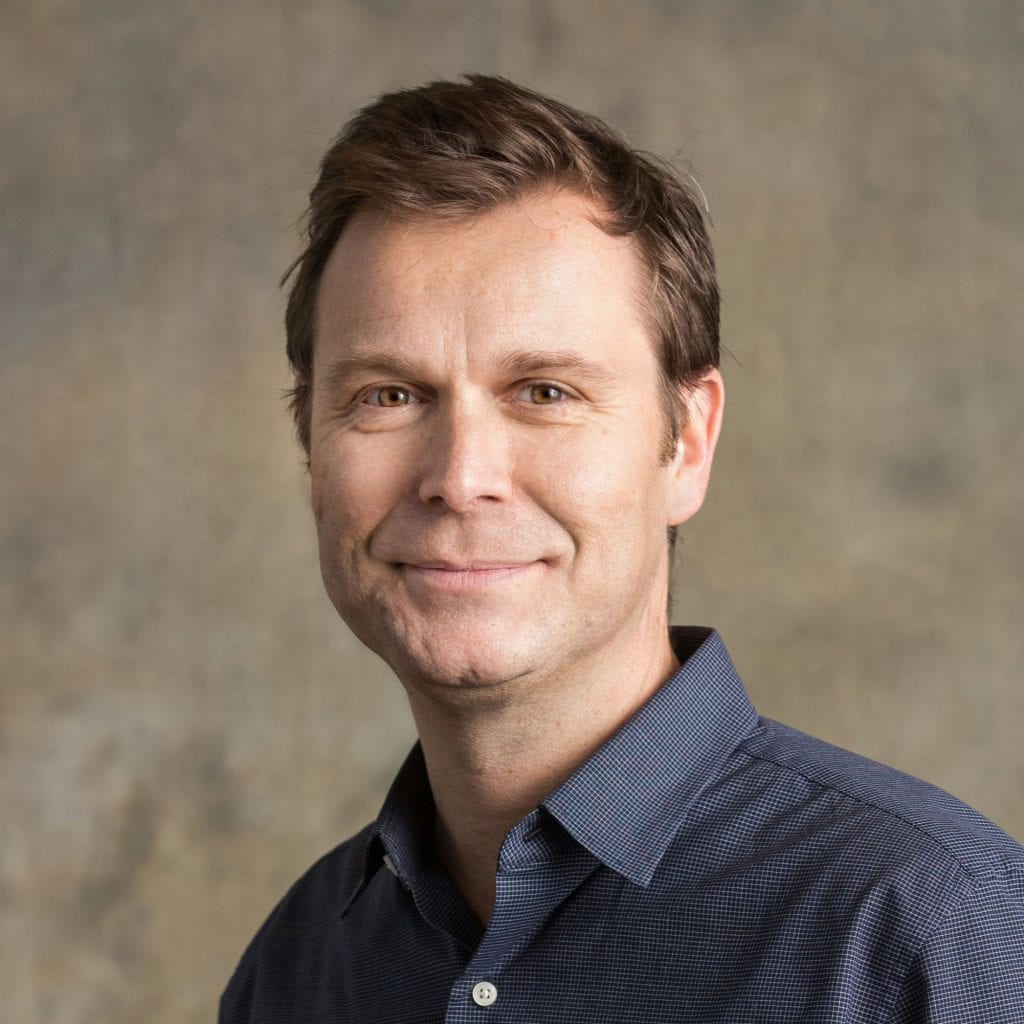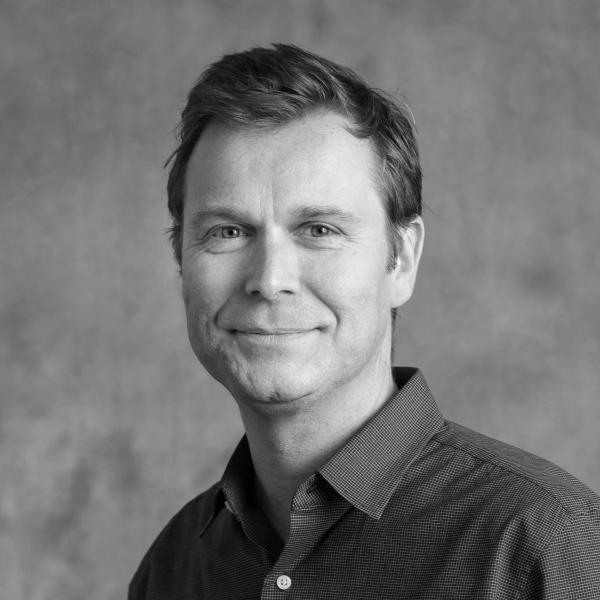
- This event has passed.
IBS/Center for the Collaborative Synthesis in Archaeology Speaker Series: Luis Bettencourt
April 29, 2024 @ 12:00 pm - 1:00 pm

Link to recording: https://youtu.be/y6y8S83kji8
Join in person or via Zoom, email ibs-contact@colorado.edu for the password.
*Light lunch served at 11:45, please RSVP.
Title: Urban science and its implications: from large societal transformations to changes in behavior and cognition
Abstract: Cities are some of the most spectacular and pervasive manifestation of our human capacity for ultrasociality. New evidence throughout history and from geographies throughout the world demonstrates quantitative and predictable patterns for how urban societies work, and explains their most salient properties of increased economic productivity, innovation, as well as spatial and institutional organization. What is perhaps less well known are that individual adaptations to urban environments also have deep behavioral consequences including in issues of mental health, identity, tolerance and human development. In this talk, I’ll discuss the evidence for these multi-scalar effects of living in cities and offer an explanatory framework for their emergence as averages over time and populations. I will end with recent studies of ongoing fast urban development and their consequences over the next few decades, especially in light challenges of sustainability and climate change.
Bio: Luís M. A. Bettencourt is a Professor of Ecology and Evolution and the College at the University of Chicago. He is also Associate Faculty of the Department of Sociology and External Professor at the Santa Fe Institute. He grew up in Lisbon (Portugal) and obtained his undergraduate degree in Engineering Physics from IST Lisbon. He obtained his PhD from Imperial College London in Theoretical Physics and held postdocs and research positions at the University of Heidelberg (Germany), Los Alamos National Laboratory, MIT, and the Santa Fe Institute.
His research focuses on the theory and modeling of complex systems and the processes that underlie the structure and growth of cities, in particular. He connects interdisciplinary concepts and advanced mathematics with new technologies and data to create new systems’ theory and methods. This work also involves collaborations with governments, NGOs, and interdisciplinary researchers worldwide to co-produce new insights and transformative practices for sustainable development. His work is well-known academically and widely covered in the media. It has helped shape our fundamental understanding of complex systems and human societies and create novel approaches to challenges of urbanization and sustainability.

